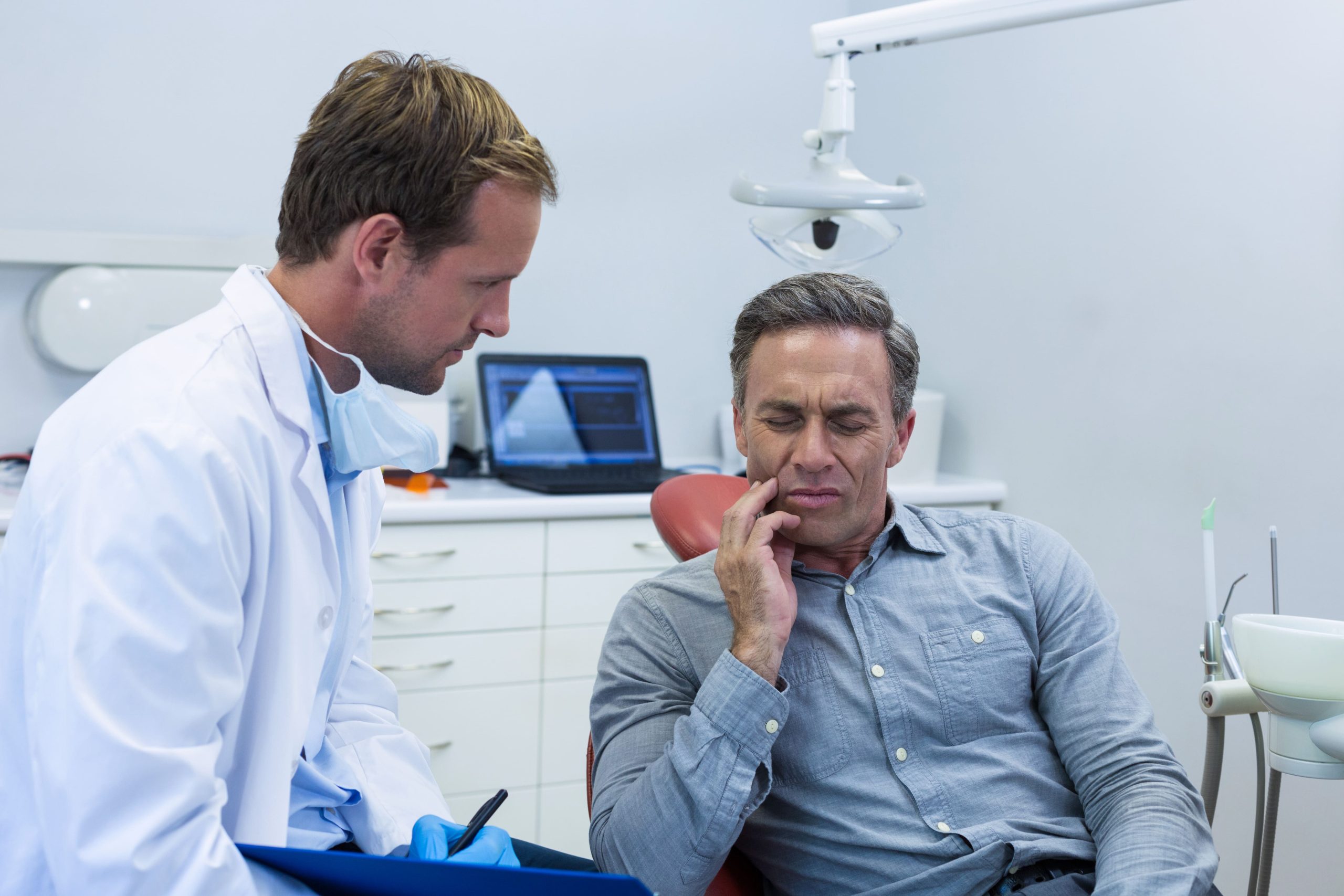Home » Why Do My Teeth Ache? Understanding the Causes and When to See an Emergency Dentist
Toothache is among the most usual dental problems that people experience. A toothache can be a minor, nagging pain or a severe, sharp pain which can keep you from sleeping at night. While some tooth pain can be periodic, persistent or extreme pain must not be ignored. Understanding the reasons for the toothache may help you decide when you can handle it by yourself — and when you should go to an emergency dental clinic for immediate attention.
Common Causes of Toothache
There are several possible reasons why your teeth might hurt. Some are minor and easily treated, while others may require urgent dental attention.
1. Tooth Decay (Cavities)
Cavities are one of the most common sources of toothache. When plaque, a film of bacteria, accumulates on your teeth, it creates acids that eat away at enamel. As the decay advances into the interior of the tooth, it can cause pain when eating or drinking. If a cavity is left untreated, it can become infected or form an abscess.
2. Gum Disease
Gum inflammation, or gingivitis, can lead to sore, swollen, and bleeding gums. In advanced stages of periodontal disease, gums can pull away from teeth, exposing the roots and making them sensitive to hot or cold temperatures and pressure.
3. Tooth Sensitivity
If you experience pain when eating hot, cold, or sweet foods, you may have tooth sensitivity. This often happens when enamel wears down or when gums recede, exposing the dentin — the layer beneath your enamel that contains tiny nerve endings. Sensitivity toothpaste and fluoride treatments can help, but persistent pain should be checked by your dentist.
4. Dental Abscess or Infection
A tooth abscess is a pocket of pus that forms in the teeth, caused by a bacterial infection. It is usually a result of untreated decay, gum disease or trauma. Symptoms include severe throbbing pain, swelling in the face or jaw, and sometimes fever. It is a dental emergency and requires immediate treatment to prevent the infection from spreading.
5. Cracked or Damaged Teeth
A cracked tooth can be difficult to see, but it can be very painful. When you chew, a crack can open and expose sensitive layers inside the tooth. This can lead to sharp pain or tooth sensitivity. If you think you have a cracked tooth, visit an emergency dentist as soon as possible. The sooner a cracked tooth is treated, the more likely it is to be saved.
6. Impacted Wisdom Teeth
If there is insufficient space in the jaw for wisdom teeth to develop fully, they can become ‘impacted’. This means they may press against other teeth and cause pain or swelling. Impacted wisdom teeth can trap food and bacteria, causing infection. Wisdom tooth Extraction is usually the recommended treatment.
7. Teeth Grinding (Bruxism)
Grinding or clenching your teeth, which often occurs during sleep, can erode enamel and fatigue jaw muscles, leading to general tooth sensitivity. If you wake up with aching teeth or jaw discomfort, your dentist may advise a custom night guard to protect your teeth.
When to See an Emergency Dentist
While mild toothache can sometimes wait for a routine dental visit, you should seek emergency dental care immediately if you experience:
- Severe or constant tooth pain
- Swelling of the face, jaw, or gums
- Fever or signs of infection
- Pain when biting or chewing
- A broken, cracked, or knocked-out tooth
- Bleeding that doesn’t stop
These symptoms may indicate an infection or serious dental issue that needs urgent attention.
How an Emergency Dentist Can Help
In an emergency dental clinic, your dentist will examine your teeth and take X-rays if necessary. They will be able to diagnose the cause of your toothache in a short amount of time. Possible treatment options include cleaning out an infection, placing a temporary or permanent filling, performing a root canal, or removing a damaged tooth. Your pain will be managed, and your dentist will provide you with advice on how to prevent further problems.
Toothache can have many causes — from minor sensitivity to serious infections — but one thing is certain: ignoring the pain won’t make it go away. If you’re wondering, “Why do my teeth ache?” and the pain is persistent or severe, contact your emergency dental clinic as soon as possible. Prompt treatment can relieve your pain, prevent complications, and help you keep your smile healthy.

